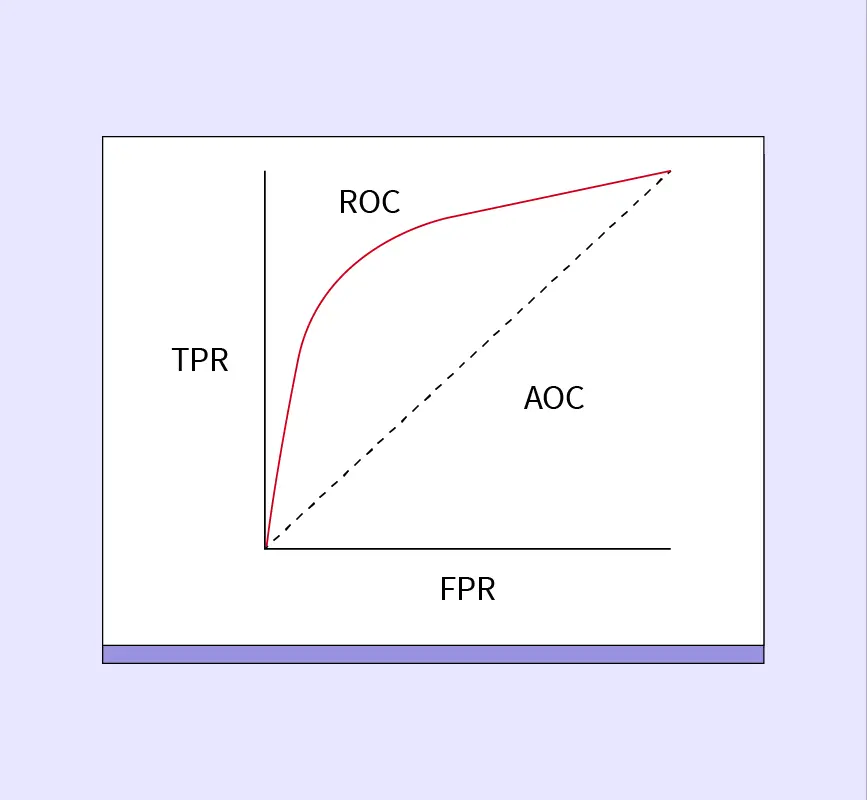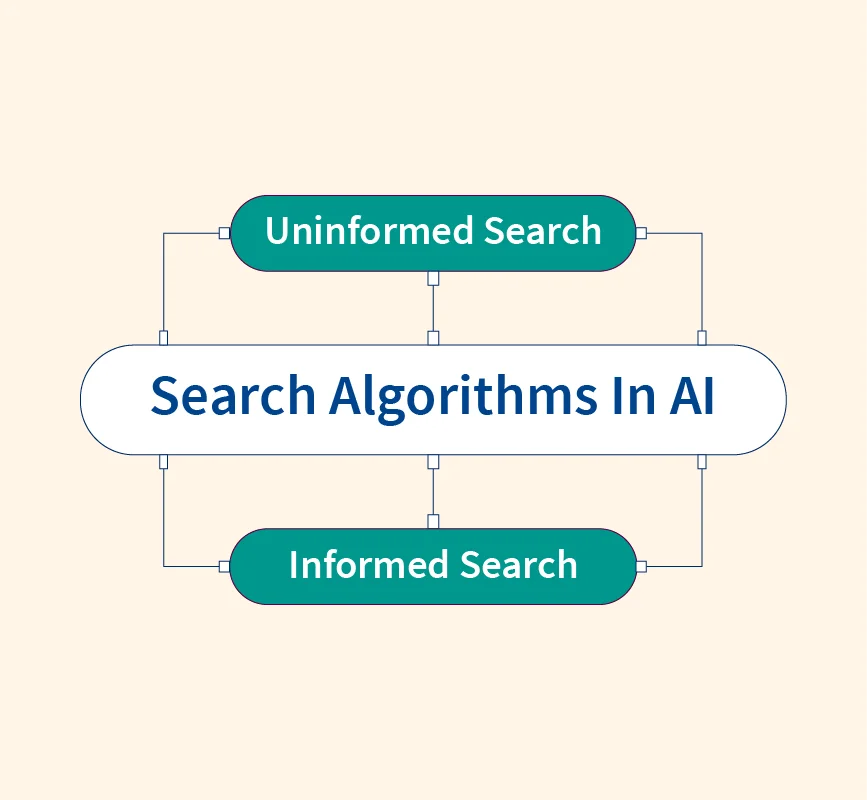Data science continues to redefine industries, driving innovation through data-driven decisions. As technology advances, understanding the evolving landscape of data science is crucial for professionals and organizations to stay ahead. Explore how emerging technologies like AI, machine learning, and big data analytics are shaping the next decade of data science, setting new benchmarks in efficiency, insights, and innovation.
What is Data Science?
Data science is the interdisciplinary field focused on extracting meaningful insights from structured and unstructured data. It combines techniques from mathematics, statistics, computer science, and domain expertise to analyze and interpret complex datasets. Core components of data science include data collection, cleaning, analysis, visualization, and machine learning to create predictive and prescriptive models.
The origins of data science trace back to the 1960s with the emergence of statistical computing and decision-making models. Over the decades, the digital age brought exponential growth in data, necessitating advanced tools and methodologies. The introduction of big data technologies like Hadoop and Spark revolutionized how vast datasets were managed and processed, paving the way for modern data science.
Today, data science is integral across industries like healthcare, finance, retail, and entertainment. Its interdisciplinary nature allows professionals to tackle challenges such as fraud detection, personalized medicine, recommendation systems, and more, solidifying its position as a cornerstone of technological innovation.
Emerging Technologies Shaping the Future of Data Science
As data science evolves, emerging technologies are playing a critical role in transforming the field. From quantum computing to automation, these advancements are enhancing the speed, accuracy, and accessibility of data-driven insights. Below, we explore the technologies poised to define the future of data science.
The Role of Quantum Computing in Data Science
Quantum computing holds the potential to revolutionize data processing and analytics. Unlike classical computers, quantum systems process information using qubits, enabling unparalleled speed and efficiency in handling massive datasets. For data science, quantum computing could solve problems like optimization, pattern recognition, and simulations far beyond the capabilities of current technologies.
For instance, quantum computing can enhance fraud detection in financial services by quickly analyzing complex datasets for anomalies. Similarly, pharmaceutical research can leverage quantum simulations to predict molecular interactions. However, challenges such as high costs, the need for specialized hardware, and the current infancy of quantum algorithms remain significant barriers to widespread adoption.
Advances in Artificial Intelligence and Machine Learning
AI and machine learning (ML) continue to drive innovation in data science. AI models, powered by advancements in deep learning and neural networks, are increasingly integrated with data science workflows to extract predictive and prescriptive insights. For example, recommendation systems like those used by Netflix and Amazon utilize AI-driven analytics to personalize user experiences.
These technologies enhance data science by automating complex processes, improving the accuracy of predictions, and enabling real-time decision-making. As AI continues to evolve, its synergy with data science will lead to the development of autonomous systems capable of handling intricate tasks with minimal human intervention.
Automation in Data Science
Automation is reshaping the landscape of data science by streamlining workflows and reducing the complexity of repetitive tasks. Tools like AutoML (Automated Machine Learning) enable users to build and optimize models without requiring deep expertise in coding or algorithm selection. Automation also simplifies tasks such as data cleaning, feature engineering, and model deployment.
The impact of automation is profound, as it democratizes data science, making it accessible to non-experts while increasing productivity for experienced practitioners. However, the reliance on automation also underscores the importance of human oversight to ensure ethical and unbiased outcomes in data-driven decisions.
Trends to Watch in Data Science
The field of data science is evolving rapidly, with new trends shaping its trajectory. From ethical AI to cloud computing, these trends are redefining how data is analyzed, stored, and utilized across industries.
1. Ethical AI and Data Privacy
As data science continues to grow, ethical considerations and data privacy are becoming paramount. The increasing reliance on AI-driven analytics has highlighted challenges such as algorithmic bias, data security, and transparency. Regulatory frameworks like the General Data Protection Regulation (GDPR) in Europe and California Consumer Privacy Act (CCPA) in the U.S. are enforcing stricter data usage standards.
For example, companies must now ensure their data models are explainable and free from biases that could lead to discriminatory outcomes. Tools like IBM’s AI Fairness 360 and Google’s Explainable AI platform are emerging as vital resources for ethical AI practices. These frameworks aim to balance innovation with accountability, ensuring data science advances responsibly.
2. Democratization of Data Science
The rise of no-code and low-code platforms is democratizing data science, making it accessible to a broader audience. Platforms like Alteryx, DataRobot, and Tableau enable users with minimal programming knowledge to perform advanced data analytics and create predictive models.
This shift is empowering small businesses and individual practitioners to harness data science without the need for extensive technical expertise. By lowering the barriers to entry, democratization is fostering a culture of data-driven decision-making across organizations of all sizes, leveling the playing field for innovation.
3. Data Science in the Cloud
Cloud computing is revolutionizing data science by offering scalable solutions for big data storage and analytics. Leading platforms like Amazon Web Services (AWS), Microsoft Azure, and Google Cloud Platform (GCP) provide tools for data ingestion, processing, and visualization, enabling organizations to manage vast datasets efficiently.
Cloud-based data platforms also support real-time analytics and collaboration, making them indispensable for modern data teams. For instance, Snowflake and Databricks combine cloud scalability with advanced data engineering and machine learning capabilities, paving the way for faster and more efficient workflows. As cloud adoption grows, it will continue to drive innovation in data science practices.
The Future Job Market for Data Science Professionals
The job market for data science professionals is undergoing a significant transformation. As businesses adopt cutting-edge technologies, the demand for new skills, flexible work environments, and emerging roles is reshaping career opportunities in the field.
Shifting Demand for Skills
Data science professionals are now expected to expand their expertise beyond traditional analytics and machine learning. Skills in deep learning, natural language processing, and data engineering are becoming increasingly valuable. For example, the rise of big data tools like Apache Spark and Hadoop highlights the growing importance of data pipeline optimization.
Moreover, domain knowledge is gaining prominence. Industries such as healthcare, finance, and e-commerce are seeking data scientists who can combine analytical skills with a deep understanding of industry-specific challenges. This shift underscores the importance of tailored learning paths and certifications for aspiring professionals.
Remote Work and Global Collaboration
The shift toward remote work has dramatically influenced the data science job market. Companies now have access to a global talent pool, enabling them to assemble diverse teams with specialized expertise. Platforms like Kaggle and GitHub facilitate collaboration across geographies, allowing professionals to contribute to projects regardless of location.
Remote work also offers data scientists greater flexibility, fostering creativity and innovation. Organizations leveraging this trend can tap into talent from emerging markets, democratizing opportunities and driving global growth in data science.
Emerging Roles in Data Science
The evolving landscape has led to the creation of new roles that address emerging challenges in the field. Positions such as Data Science Strategist, AI Ethics Officer, and Data Ecosystem Architect are gaining traction.
These roles focus on aligning data initiatives with business goals, ensuring ethical AI practices, and integrating complex data systems, respectively. Their emergence highlights the dynamic nature of the field and the need for professionals who can navigate its multifaceted challenges.
Real-World Applications of Future Data Science
Data science is set to revolutionize various industries, driving innovations that improve lives and address critical challenges. Its transformative potential can be observed across key sectors like healthcare, finance, and environmental sustainability.
Transforming Healthcare with Data Science
The healthcare industry is experiencing a paradigm shift, with data science playing a pivotal role in advancing diagnostics and treatment. AI-powered systems, for instance, are being used to analyze medical images for early detection of diseases such as cancer and cardiovascular conditions. These technologies enable faster, more accurate diagnoses, significantly improving patient outcomes.
Personalized medicine is another groundbreaking application. By leveraging data from genetic profiles and patient history, data science enables the development of tailored treatment plans that maximize effectiveness. Additionally, predictive analytics is being used to monitor public health trends, helping governments and organizations track and manage epidemics more efficiently, as seen during the COVID-19 pandemic.
Financial Services Revolutionized by Data Analytics
Data science is at the forefront of the financial services sector, enhancing decision-making and operational efficiency. Fraud detection systems now use machine learning algorithms to identify unusual patterns in transactions, preventing financial losses in real time. Similarly, risk management tools analyze historical data to predict potential market fluctuations, enabling institutions to make informed decisions.
Algorithmic trading has also gained prominence, where data-driven models execute trades at lightning speeds, maximizing profitability. Furthermore, real-time analytics empowers organizations to offer personalized financial products, improving customer satisfaction and loyalty.
Smart Cities and Environmental Sustainability
Data science is integral to the development of smart cities, creating solutions that enhance urban living and sustainability. Urban planners use data to optimize traffic flow, reducing congestion and minimizing emissions. In transportation, predictive models enable efficient routing for public transit and delivery services, improving reliability and convenience.
In the energy sector, data science aids in optimizing renewable energy systems by analyzing weather patterns and energy consumption. This ensures better integration of solar, wind, and other sustainable energy sources into the grid. Moreover, environmental monitoring systems use data to track deforestation, pollution, and climate change, fostering global efforts toward sustainability.
Challenges for the Future of Data Science
While the future of data science holds immense potential, it is accompanied by significant challenges that need to be addressed to ensure its sustainable growth and impact.
1. Tackling Data Security Concerns
As data science continues to thrive, the volume of sensitive data being processed also increases, raising concerns over data breaches and cyber threats. Industries handling personal information, such as healthcare and finance, are particularly vulnerable. Effective strategies for secure data handling, such as encryption, robust access controls, and adherence to data protection regulations like GDPR, are essential. Companies must invest in advanced cybersecurity measures to protect data integrity and build trust among users.
2. Bridging the Skills Gap
The rapid evolution of data science technologies has created a growing demand for skilled professionals, but the supply of talent with expertise in advanced techniques like deep learning and big data analytics often falls short. Upskilling and continuous learning are crucial for data professionals to stay relevant. Organizations can play a role by offering training programs and fostering partnerships with academic institutions to bridge this gap. Initiatives like hackathons and certifications can also help professionals enhance their skill sets and meet industry demands.
3. Managing the Ethical Implications of AI
The widespread adoption of AI and data-driven solutions brings ethical challenges, such as bias in algorithms, lack of transparency, and accountability in decision-making. Companies must ensure responsible use of AI by adopting ethical frameworks and conducting regular audits of their AI systems. Initiatives like explainable AI (XAI) can help improve transparency, while diverse datasets and inclusive teams can reduce biases. Ethical data usage not only safeguards users but also strengthens public confidence in AI technologies.
How to Prepare for the Future of Data Science?
The evolving landscape of data science demands proactive preparation to remain competitive and relevant. Here’s how aspiring and experienced professionals can equip themselves for the future.
1. Develop Core Skills
A strong foundation in programming, statistics, and machine learning is essential for success in data science. Master languages like Python and R, and gain proficiency in statistical concepts such as probability, hypothesis testing, and regression analysis. Familiarity with machine learning algorithms, both supervised and unsupervised, is critical. Utilize platforms like Coursera, Kaggle, and DataCamp to access courses and tutorials that enhance your expertise. Keeping your skills sharp ensures adaptability to the field’s rapid advancements.
2. Explore Emerging Technologies
The future of data science is being shaped by cutting-edge technologies like quantum computing, AutoML, and cloud-based platforms. Explore how quantum computing revolutionizes data processing and learn the principles of automated machine learning to simplify workflows. Additionally, gain hands-on experience with cloud platforms such as AWS, Google Cloud, and Azure, as they are becoming integral to modern data science operations. Staying updated with these innovations positions you as a forward-thinking professional.
3. Build a Strong Portfolio
A well-rounded portfolio demonstrates your expertise and creativity to potential employers or collaborators. Focus on real-world projects that showcase advanced analytics, machine learning, and innovative problem-solving. Examples include developing predictive models, analyzing large datasets, and creating data visualizations for actionable insights. Highlight your ability to address complex challenges in diverse domains, such as healthcare, finance, or sustainability.
4. Stay Informed
Keeping up with industry trends is vital in a field as dynamic as data science. Follow authoritative blogs like Towards Data Science and KDnuggets, attend webinars by leading organizations, and join data science communities on platforms like LinkedIn and GitHub. Networking with professionals and participating in discussions helps you stay informed and inspired.
Conclusion
Data science is rapidly evolving, driven by emerging technologies such as quantum computing, AI automation, and cloud-based analytics. These advancements are transforming industries like healthcare, finance, and urban planning, showcasing the immense potential of data science to address real-world challenges.
To thrive in this dynamic field, professionals must prioritize adaptability and continuous learning. Mastering core skills, exploring cutting-edge tools, and staying informed about industry trends are essential steps to remain competitive.
As data science continues to redefine how we understand and interact with the world, its transformative potential promises to shape a smarter, more efficient, and innovative future.
References:


